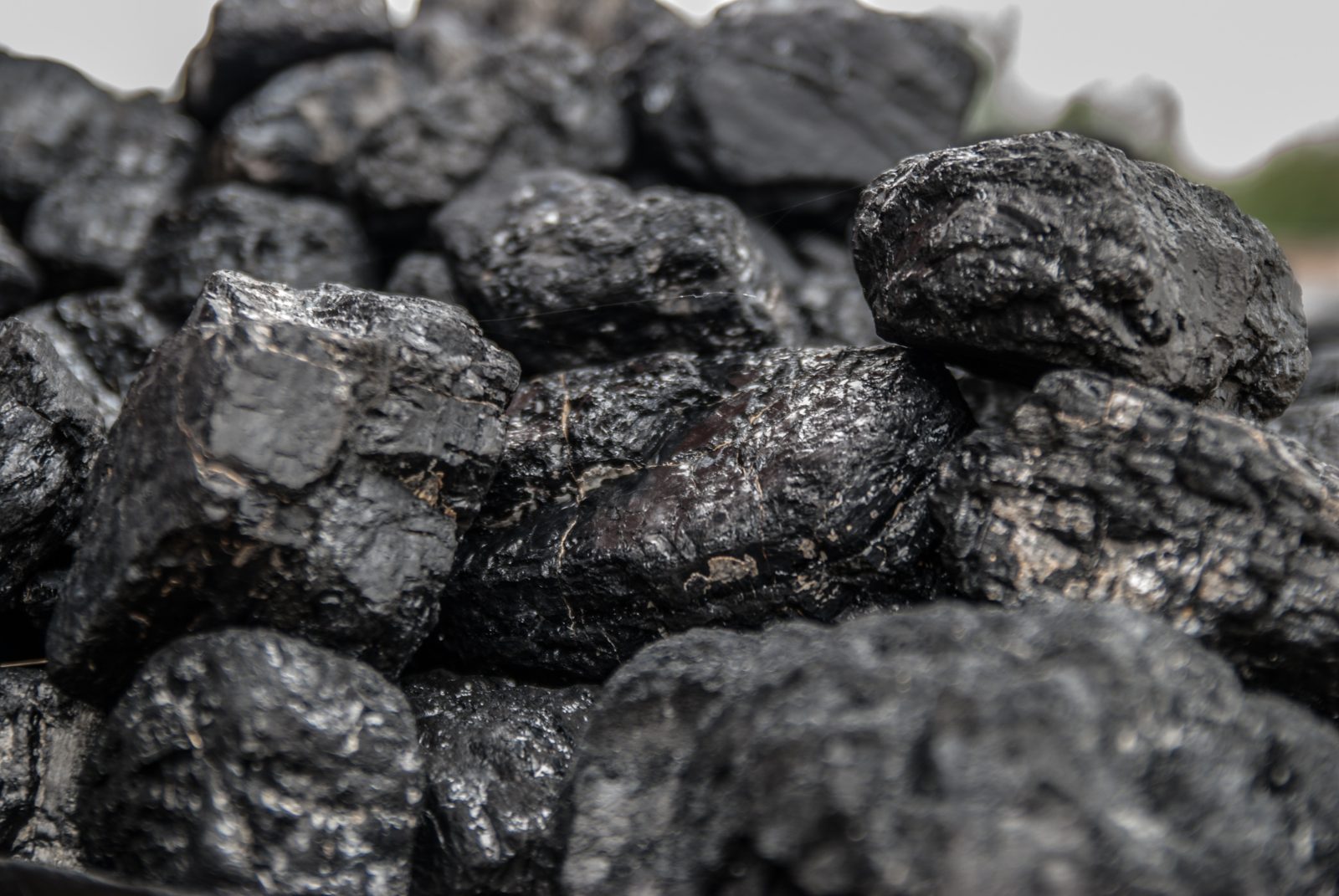The Ministry of the Environment intends to prohibit the sale of coal for home heating from January 2025. Individuals currently using coal as a heating source are advised to assess the condition of their stoves and coal supplies and consider alternative options. According to the proposed amendment to the Air Protection Act, combustion appliances up to 300 kilowatts powered by solid fossil fuels will no longer be allowed to enter the market starting from January 1, 2025.
Lucie Ješátková, the spokesperson for the ministry, confirmed, “The ban on introducing combustion sources using solid fossil fuels up to 300 kilowatts to the market will be implemented from January 1, 2025.” However, selling existing stockpiles will still be permitted after this date.
The proposed amendment excludes brown and black coal, anthracite, coke, and coal briquettes. Czech manufacturers will still be able to produce coal-fired stoves for export. The measure is seen as a preparation for the anticipated limited availability of coal and contributing to fulfilling the country’s climate commitments. It is also aimed at improving air quality in the future.
Ješátková reassured households using coal-fired stoves, stating, “This measure does not affect households already using coal in their existing heating sources.” Therefore, people will be able to continue using their coal-fired stoves, but they will not be able to purchase new ones in the country. Theoretically, they could acquire them abroad but may encounter difficulties with their certified installation.
Due to its affordability, coal remains a popular choice for heating in many households. According to TZB-info.cz, the total annual cost for a coal-heated home, including electricity consumption and fixed payments, amounts to around 46,000 Czech koruna, comparable to wood heating expenses.
In contrast, households using gas for heating pay an additional 30,000 koruna annually, while those relying on electric heaters face expenses that are 60,000 koruna higher.
René Schaffer from Příbram commented, “The costs of brown coal have steadily increased by ten to fifteen percent yearly. Currently, I pay around 600 koruna per metric ton. It is still cheaper than using pellets.”
However, coal prices will rise significantly in the next four years. Starting in 2027, emission permits, which are currently applicable only to companies emitting carbon dioxide, will also be introduced for households. This will increase fuel costs, including coal, gas, gasoline, and diesel. According to Kateřina Kolouchová, an expert from the Fakta o klimatu project, the price of coal could increase by up to 40 percent.
Next year, the operation of old solid fuel-fired boilers classified as emission classes 1 and 2 will be prohibited. The original deadline for the phase-out was last year, but the government extended it by two years due to high inflation and rising energy prices.
Violators of the ban will face fines of up to 50,000 koruna. It is estimated that over 200,000 households will need to replace their old boilers. Experts advise against leaving the replacement to the last minute.
Low-income households can apply for subsidies from the State Environmental Fund for biomass boilers, with grants of up to 130,000 koruna. Other families can obtain up to 100,000 koruna licenses through the New Green Savings program.
The proposed amendment also brings additional changes, including granting municipalities new powers during smog situations. Currently, municipalities can only regulate traffic, but in the future, they will be able to restrict or ban the operation.





